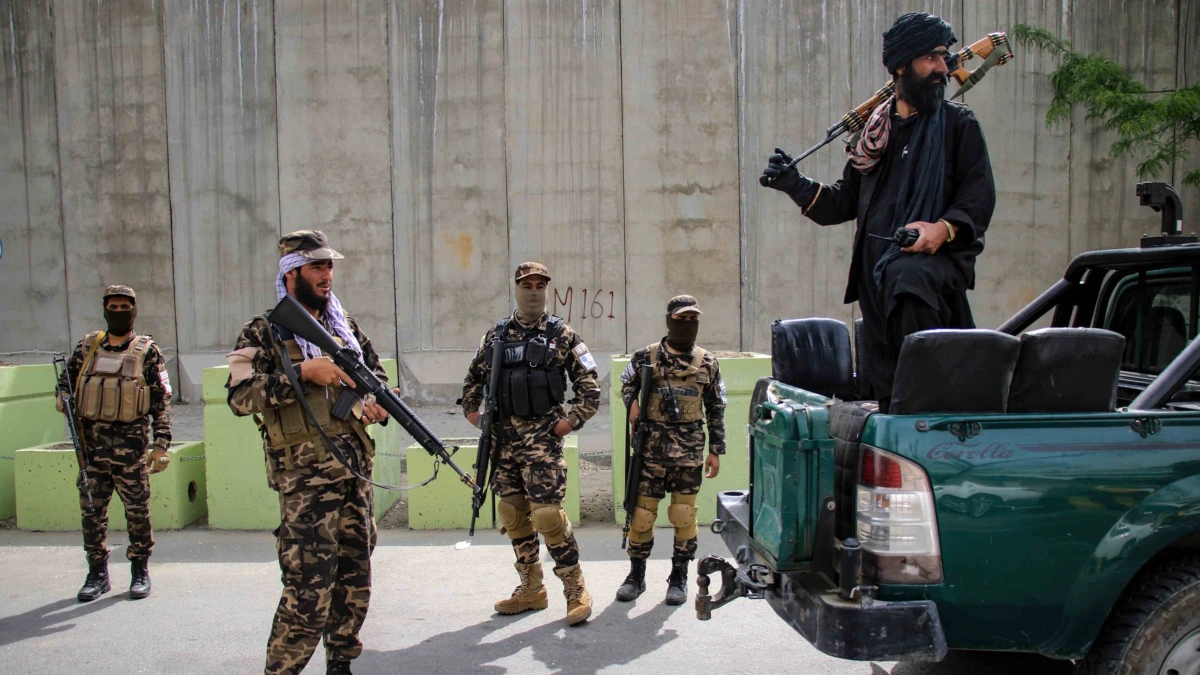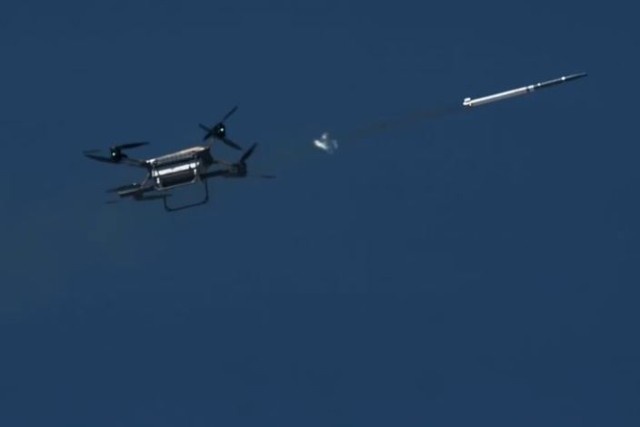The recent unprovoked firing by the Taliban guards on Pakistani civilian areas resulted in the death of six civilians and 17 are injured. The firing erupt when Pakistani troops were trying to mend the portion of the border fence on their side. Pakistani responded to the uncalled-for aggression but avoided targeting innocent civilians. It resulted in the death of one Taliban border guard and 10 people were wounded including three civilians. Afghanistan needs to accept the reality of Durand’s line. No country can exist without borders and the protection of borders is essential to the existence of a state. State sovereignty and territorial integrity are threatened if the borders are not secured. The purpose of border security is to keep terrorists, illegal movement of weapons, drugs, contraband, and people from entering the respective country while promoting lawful entry and exit of legitimate travelers and commerce, which is essential to state security, economic prosperity, and national sovereignty. For sustainable peace and prosperity in the region, Pakistan and Afghanistan must resolve their issues regarding the Durand Line which is the part and parcel of the British legacy. Both countries should regulate their borders to avoid any misadventure by non-state actors. The terrorist attacks that took place on both sides led to misperceptions between the two neighboring states. The mutual blame game must be ended and the borders should be regulated. The state should not allow its soil to be used against the other state with impunity.
Read More: Afghanistan: The “Strategic Depth” for the TTP
Peace in the region is not possible without peace in Afghanistan. So, Afghanistan has to play its part in peace and regional stability by countering the elements involved in spreading terrorism and unrest in other states by using its soil. TTP ended the ceasefire agreement with Pakistan in June resulting in the rise of terrorist attacks in Pakistan although Afghanistan was facilitating negotiations between TTP and Pakistan. Following the end of the agreement, the TTP resurgence resulted in a rise in terrorist attacks. There was an attack on a police vehicle in Quetta, resulting in the death of one policeman and two civilians while dozens were wounded in the blast. They also targeted another police vehicle in Lakki Marwat city in KPK, which resulted in the martyrdom of six police personnel. For the attack, TTP not only claimed the responsibility but also added that attackers are back to safe heavens. Pakistan has on multiple occasions asked the government of Afghanistan Taliban to ensure TTP not used its soil to attack across their borders. TTP has now openly called for attacks after ending the agreement of a ceasefire. There is also another recent attack on the Pakistan embassy in Kabul which highlights how the anti-state elements are working to tarnish the relations between the two neighboring states. Afghan Charge d’ Affaires called it an unfortunate incident perpetrated by the common enemy of both states. After the incident, the USA raised concerns and designates the members of Al Qaida in the Indian subcontinent and TTP as terrorists in the list of ‘Specially Designated Global Terrorists. The US Secretary of State, Antony Blinken said the decision depicts “our relentless efforts to ensure that terrorists do not use Afghanistan as a platform for international terrorism”.
Read More: India Behind the Taliban’s Nexus in Afghanistan
Pakistan and Afghanistan share the longest border and the same religion, culture, and language in many areas. The Durand Line is used by thousands from both sides every day. It divides many of the villages which results in the movement of those villagers across the border frequently. The vendors use the borders to sell different things like food items, vegetables, fruits, clothes, etc. should be treated as small businessmen instead of smugglers. They are poor people earning sustenance via selling items across borders. To facilitate these vendors’ the government should make a market in border areas. It should be made a tax-free zone to facilitate the locals from both sides and to avoid smuggling. A large number of Afghanistan residents came to Pakistan to get medical care, study, work, and seek asylum. These issues should be treated on humanitarian grounds, Pakistan can facilitate them by constructing hospitals and educational institutes near border areas. In this way, it will be easy for them to monitor their movement and make sure their return. When borders will be regulated, then it will be possible to control the smuggling of drugs, weapons, vehicles, and other banned items.
This is high time for Pakistan and Afghanistan, not to let their soil be used by terrorists which is possible only by securing the borders. If they don’t want an international intervention then the borders should be regulated. In this regard, Pakistan and Afghanistan can adopt the US border control model. The US Department of Homeland Security has defended the border with Mexico through fences, patrols, and camera towers. They even use aerial drones to enhance the scrutiny. Border patrol agents are responsible to protect borders from the infiltration of terrorists and their weapons and detect and prevent drug smugglers and the illegal entry of undocumented noncitizens. Pakistan should be allowed to complete the fencing on the Afghanistan border which was the part of Bajwa doctrine. The movement of people at border crossings could be monitored via biometric verification services.
Author: Syeda Tahreem Bukhari is a Research Officer at the Center for International Strategic Studies, CISS, AJK. She tweets Tehmii_Syed.
- Global Defense Insighthttps://defensetalks.com/author/umair/
- Global Defense Insighthttps://defensetalks.com/author/umair/
- Global Defense Insighthttps://defensetalks.com/author/umair/
- Global Defense Insighthttps://defensetalks.com/author/umair/













